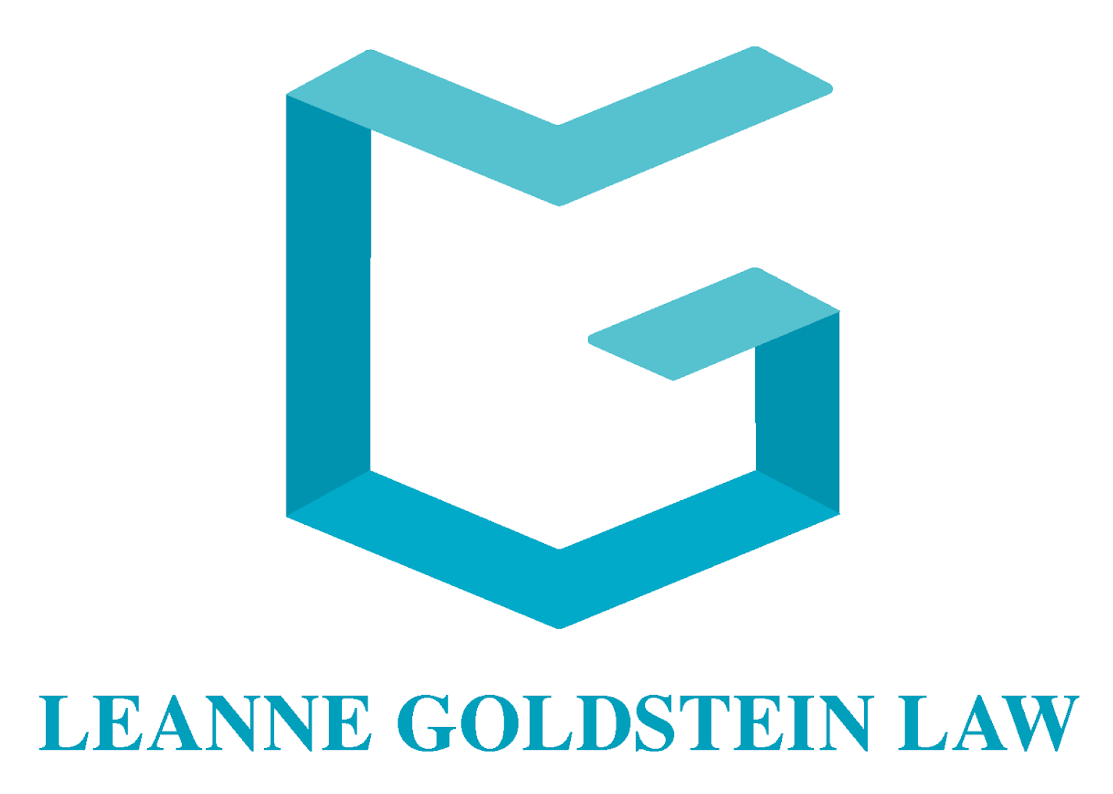Navigating the maze of disability claims can often feel daunting. Between understanding your rights, navigating insurance policies, and grappling with medical paperwork, the terrain can be laden with confusion. In our experience, while every individual’s situation is unique, many questions are shared by a vast majority of individuals pursuing claims. This article seeks to address some of the most frequent questions posed by clients and potential clients about disability claims.
- What Exactly is a Disability Claim?
A disability claim is a formal request to receive benefits from an insurance company due to an inability to work stemming from a physical or psychological condition. These benefits serve to replace lost income during the period of disability although they are usually a percentage of income earned as at the time disability arose. The process is usually commenced with the submission of claim forms to an insurance company.
- How Do I Know if I’m Eligible for Disability Benefits?
Eligibility largely depends on:
- The nature and severity of your medical condition/s
- The stipulations of your insurance policy (if you have one)
- Your employment status and history
The number of hours worked prior to disability
- How Long Does the Claims Process Typically Take?
The duration can vary significantly based on the nature of the disability, the clarity of medical documentation, and the specifics of the policy or program. However, generally, private insurance claims can take a few weeks to a few months.
- What’s the Difference Between Short-Term and Long-Term Disability Benefits?
Short-Term Disability (STD) benefits typically start after you’ve used up your sick days and can last up to six months, depending on your policy. Some policies have a 52 week short term disability period. Long-Term Disability (LTD) benefits commence after STD benefits run out or after a specified elimination or waiting period set out in the long term disability insurance policy.
- Can My Employer Terminate Me While I’m on Disability?
While employment laws vary, in many jurisdictions, employers cannot fire someone solely because of their disability as this may give rise to Human Rights issues Employees on disability could be terminated for reasons that relate to business restructuring or frustration of employment. Always consult with a legal expert to understand your rights.
- How Much Will I Receive in Disability Benefits?
The amount is typically a percentage of your regular income, usually between 50% to 75%. The specifics are outlined in a formula that is usually found in the benefits schedule of your insurance policy or may be contained in a booklet that you received from your employer.
- What if My Claim is Denied?
Claim denials are not uncommon. In such cases:
- Thoroughly review the denial letter to understand the reason(s).
- Consult with a disability lawyer to evaluate your next steps which could include an appeal or litigation
- Consider appealing the decision, ensuring you provide any additional requested documentation.
- A disability lawyer will advise as to the best step for disputing the denial and can assist you with an appeal and/or litigation depending on what is in your best interests
- How Do Pre-existing Conditions Affect My Claim?
Group insurance policies may contain pre-existing condition exclusion clauses which could prevent individuals from insurance coverage if they work less than a specified period (usually one year) and they are receiving treatment for medical conditions during a specified pre-existing period that usually pre-dates the effective date of insurance coverage.
- Can I Receive Disability Benefits and Other Benefits Simultaneously (e.g., Canada Pension Plan Disability Benefits)?
Yes but the receipt of one type of benefit can reduce the amount you receive from your disability insurance company. Your insurance policy will usually contain a list of offsets that an insurance company can deduct from your disability insurance benefit.
- Conclusion: Navigating the Disability Claim Waters with Confidence
While this article addresses some of the most common queries about disability claims, your journey is uniquely yours. Every individual’s situation brings its own set of challenges and questions. Remember always to seek expert guidance, ensure thorough documentation, and be proactive in understanding and advocating for your rights.
